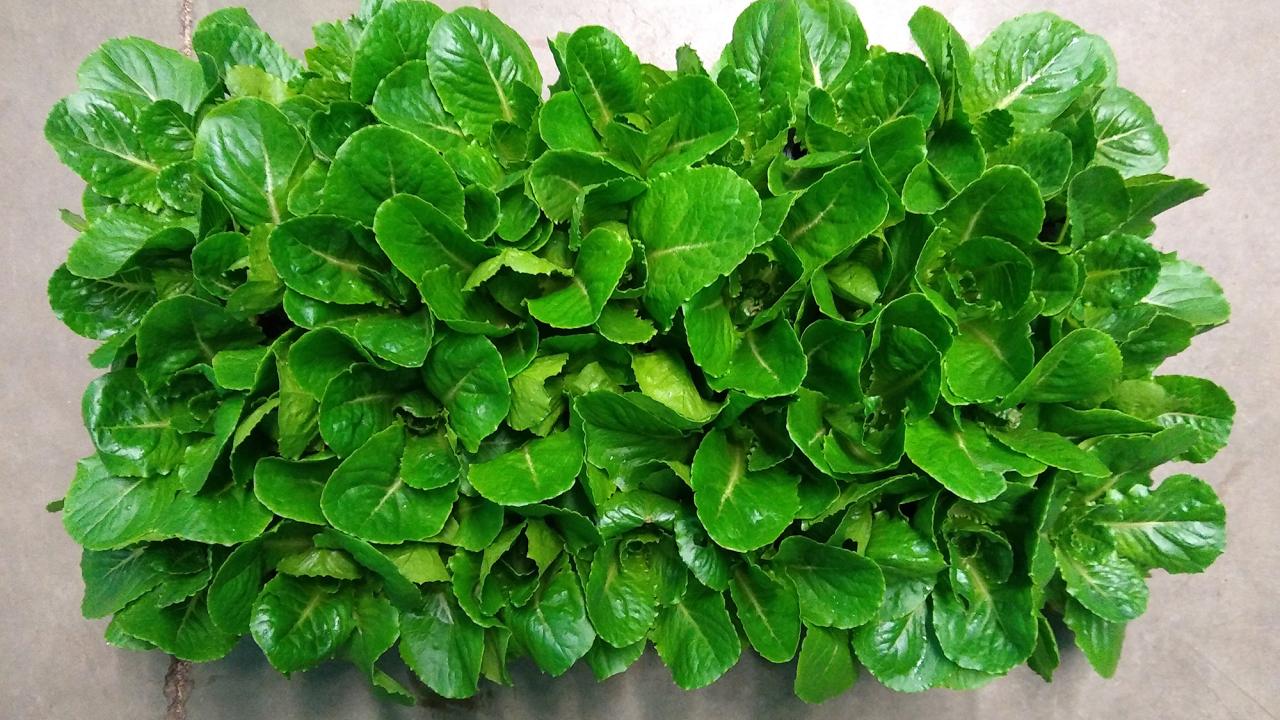Genetically Modified Lettuce May One Day Help Space Travelers Fight Bone Loss
The vegetable could provide fresh leafy greens to astronauts’ diet while providing a new way to transport and consume medications in the cosmos
Elizabeth Gamillo
Daily Correspondent
March 24, 2022

Researchers chose to focus on lettuce because the plant has been grown numerous times aboard the International Space Station and would provide a way for astronauts to eat fresh greens besides only canned and freeze-dried foods.
Kevin Yates/UC Davis
While in zero gravity, an astronaut’s bone density can drop by an average of one to two percent every month. During short-term missions to the International Space Station (ISS), the bone mass loss may not be as severe. However, during long-term missions to the moon, Mars and beyond, spacefarers will need a way to keep their skeletons in shape—and it could be as easy as eating a salad.
A team of researchers at the University of California, Davis, have developed modified transgenic lettuce that produces a bone-stimulating hormone. The lettuce can be easily grown in space and could help strengthen an astronaut’s bones. It may even help reduce the risk of osteoporosis on Earth in areas with limited sources, according to a statement. The study’s findings were presented during the American Chemical Society (ACS) Spring 2022 Meeting.
“Right now, astronauts on the International Space Station have certain exercise regimens to try to maintain bone mass,” says Kevin Yates, a graduate student and chemical engineer at the University of California, Davis, in a statement. “But they’re not typically on the International Space Station for more than six months.”
Restoring bone mass currently requires an injection of medication containing a peptide fragment of human parathyroid hormone (PTH) used to stimulate bone formation, reports Ellen Phiddian for Cosmos. Because the medication needs to be injected daily, this method of replenishing bone loss is not feasible for long-term space missions.
More:
https://www.smithsonianmag.com/smart-news/modified-lettuce-may-help-space-travelers-fight-bone-loss-180979779/
